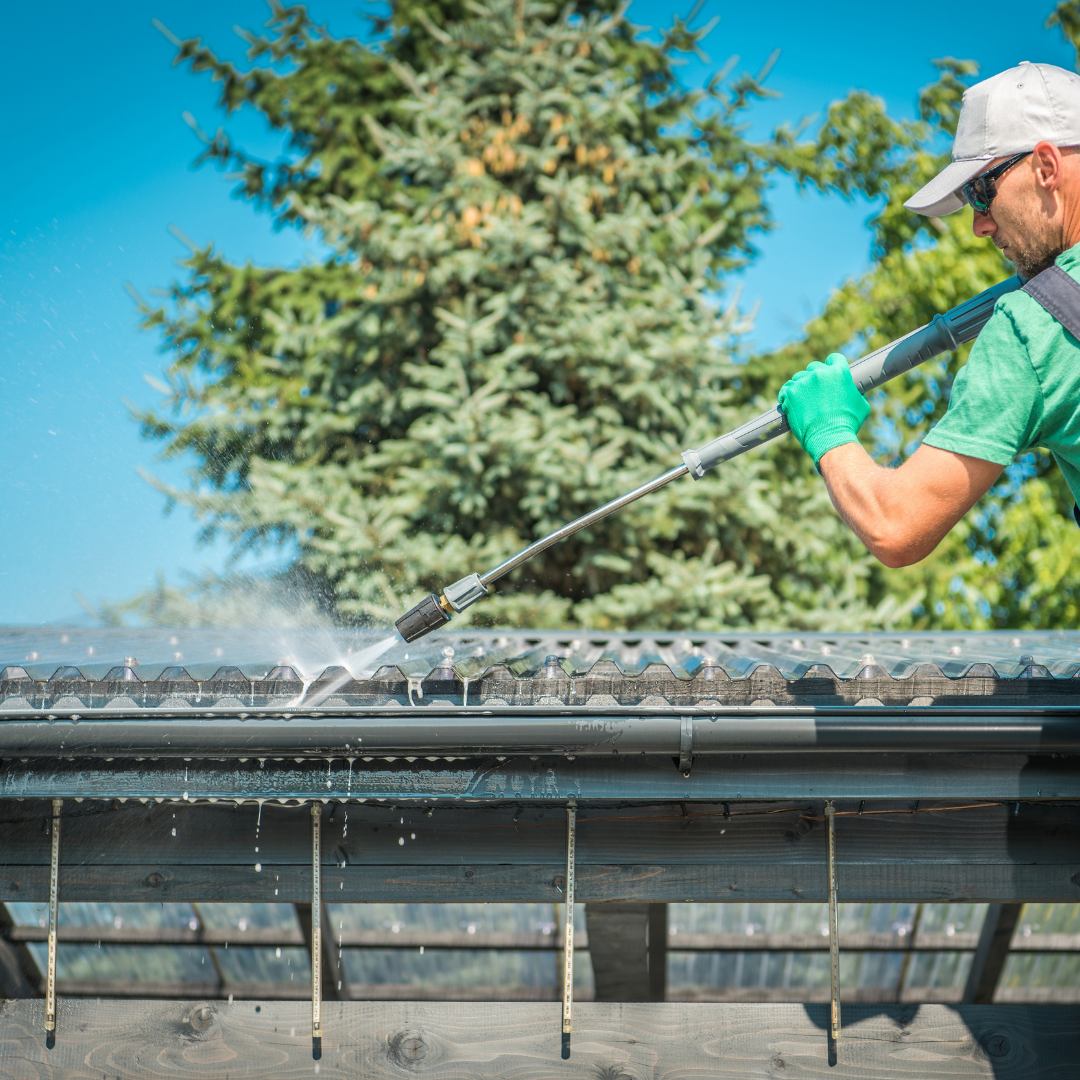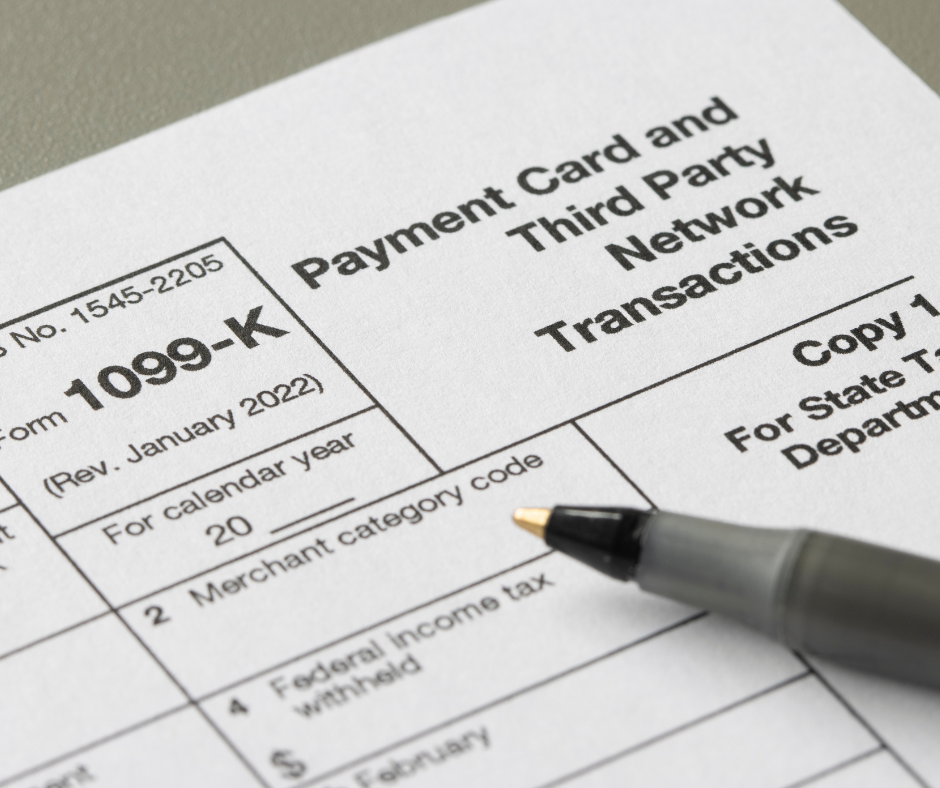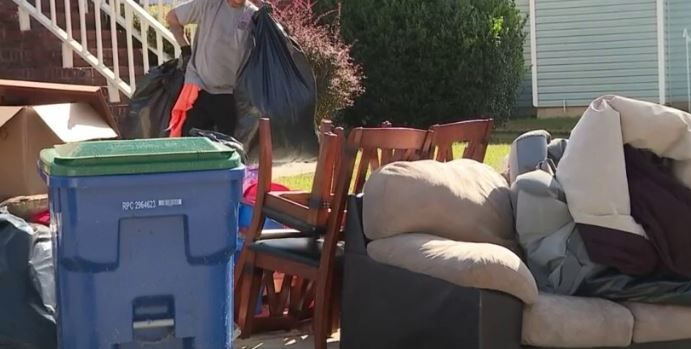Using an FHA Loan for Investment Property: A Comprehensive Guide
Investing in real estate often involves navigating through various loan options, and for those looking for more flexible qualification requirements, Federal Housing Administration (FHA) loans are worth considering. While FHA loans are primarily designed to facilitate homeownership, there are exceptions that allow you to use an FHA loan for investment properties under specific conditions. In this guide, we'll explore the details and possibilities associated with using an FHA loan for investment purposes.
Understanding FHA Loans:
FHA loans, backed by the Federal Housing Administration through the Department of Housing and Urban Development (HUD), are renowned for their lenient qualification requirements, making them especially beneficial for low-to-moderate-income families and first-time homebuyers. These loans offer a lower down payment and a more relaxed debt-to-income ratio, providing assistance programs to lower closing costs and aid with down payments.
Using FHA Loans for Investment:
Primary Residence Requirement:
- The key to using an FHA loan for investment is the commitment to treat one unit of a multi-unit property as your primary residence for at least a year. This means you must live in one of the units, turning the property into a primary residence before considering it for investment purposes.
Multiunit Property Purchase:
- Investors can purchase a multiunit property (up to four units) with an FHA loan. Living in one unit while renting out the others allows you to generate rental income and potentially turn a profit.
FHA 203(k) Loan for Fixer-Uppers:
- FHA 203(k) loans permit the purchase of homes that may not meet standard property requirements. This option allows you to include repair costs in the mortgage. The primary residence requirement remains, and the property can have up to four units.
Refinancing Possibilities:
- If you initially bought a home with an FHA loan, met the minimum occupancy requirement, and your circumstances have changed, you may refinance to a conventional mortgage. This could improve your loan terms and even allow you to turn your primary residence into an investment property.
FHA Streamline Refinance:
- After living in your FHA-financed property for at least 210 days, an FHA Streamline Refinance becomes an option, potentially offering a better interest rate and lower monthly payments. However, all FHA loan requirements for investment properties must still be met.
Having More Than One FHA Loan:
- While having multiple FHA loans simultaneously is generally not allowed, exceptions can be made in specific situations. For instance, if you need to relocate for work or require a new home for a growing family, having 25% equity in your first home may qualify you for an exception.
While FHA loans are not the typical choice for investment properties, they can be strategically utilized in unique circumstances. Understanding the specific requirements and considering the potential scenarios outlined in this guide will help you make informed decisions when leveraging FHA loans for investment purposes. If you've found the perfect investment property, take the next step and initiate the mortgage approval process today.
Share this post















